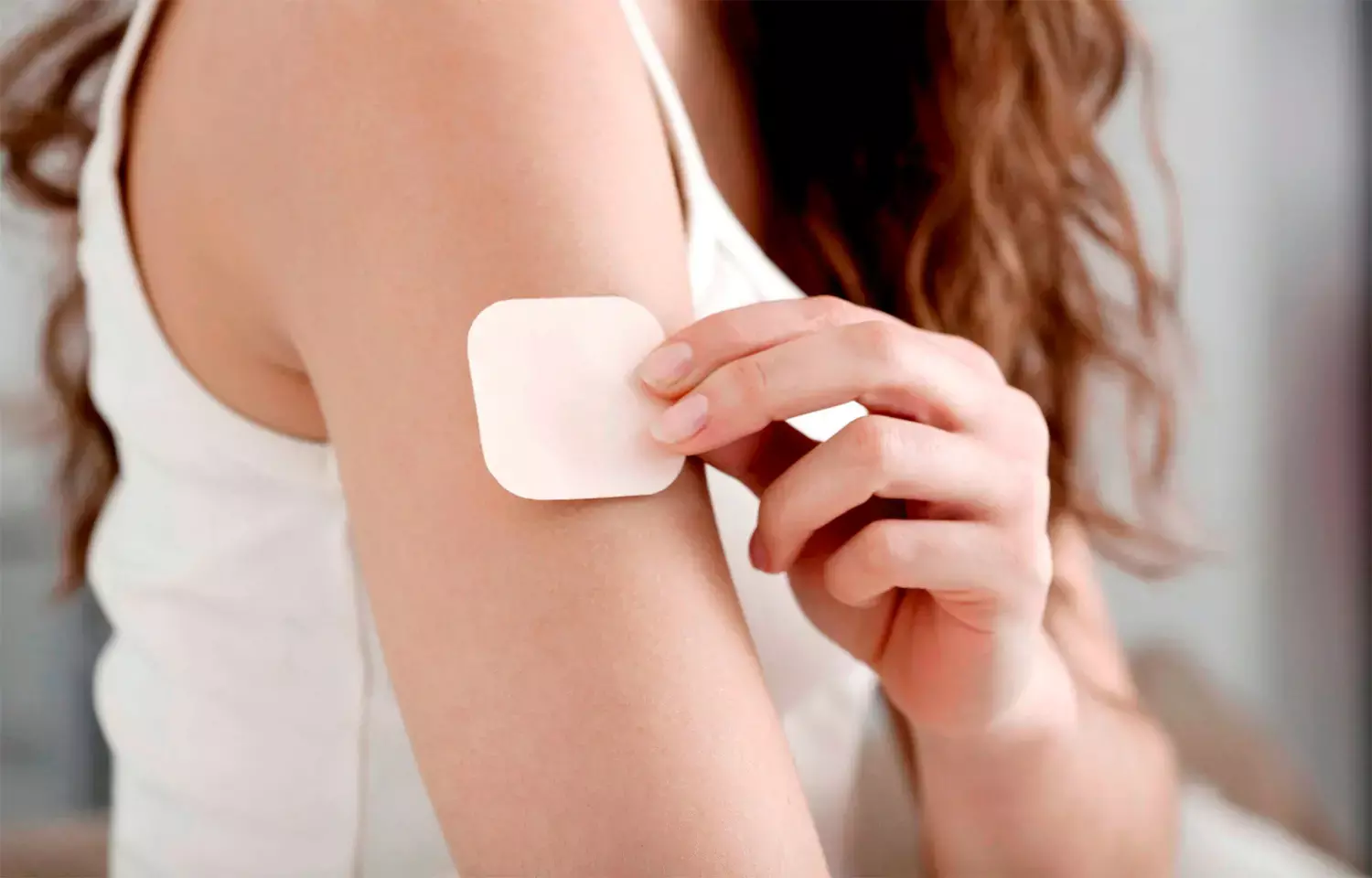- Home
- Medical news & Guidelines
- Anesthesiology
- Cardiology and CTVS
- Critical Care
- Dentistry
- Dermatology
- Diabetes and Endocrinology
- ENT
- Gastroenterology
- Medicine
- Nephrology
- Neurology
- Obstretics-Gynaecology
- Oncology
- Ophthalmology
- Orthopaedics
- Pediatrics-Neonatology
- Psychiatry
- Pulmonology
- Radiology
- Surgery
- Urology
- Laboratory Medicine
- Diet
- Nursing
- Paramedical
- Physiotherapy
- Health news
- Fact Check
- Bone Health Fact Check
- Brain Health Fact Check
- Cancer Related Fact Check
- Child Care Fact Check
- Dental and oral health fact check
- Diabetes and metabolic health fact check
- Diet and Nutrition Fact Check
- Eye and ENT Care Fact Check
- Fitness fact check
- Gut health fact check
- Heart health fact check
- Kidney health fact check
- Medical education fact check
- Men's health fact check
- Respiratory fact check
- Skin and hair care fact check
- Vaccine and Immunization fact check
- Women's health fact check
- AYUSH
- State News
- Andaman and Nicobar Islands
- Andhra Pradesh
- Arunachal Pradesh
- Assam
- Bihar
- Chandigarh
- Chattisgarh
- Dadra and Nagar Haveli
- Daman and Diu
- Delhi
- Goa
- Gujarat
- Haryana
- Himachal Pradesh
- Jammu & Kashmir
- Jharkhand
- Karnataka
- Kerala
- Ladakh
- Lakshadweep
- Madhya Pradesh
- Maharashtra
- Manipur
- Meghalaya
- Mizoram
- Nagaland
- Odisha
- Puducherry
- Punjab
- Rajasthan
- Sikkim
- Tamil Nadu
- Telangana
- Tripura
- Uttar Pradesh
- Uttrakhand
- West Bengal
- Medical Education
- Industry
Adjunctive Transdermal testosterone may not improve depression in women

Delhi: Adjunctive transdermal testosterone had no benefit over placebo in improving depression symptoms, sexual dysfunction, or fatigue in women with antidepressant-resistant major depressive disorder (MDD), suggests a recent study. The findings are published in the American Journal of Psychiatry.
In small studies, low-dose testosterone has been shown to improve sexual function, fatigue, and depression symptom severity in women not formally diagnosed with MDD. Laura E. Dichtel and colleagues sought to determine whether adjunctive low-dose transdermal testosterone helps in improving depression symptom severity, fatigue, and sexual function in women with anti-depressant resistant MDD. A substudy of functional MRI (fMRI) examined effects on activity in the anterior cingulate cortex (ACC) -- a brain region involved in mood regulation.
For the purpose, the researchers conducted an 8-week randomized double-blind placebo-controlled trial of adjunctive testosterone cream. It involved 101 women, ages 21–70 [mean age 47 years; mean baseline MADRS score was 26.6 (SD=5.9)], with antidepressant-resistant major depression. Eighty-seven (86%) participants completed 8 weeks of treatment.
The primary outcome measure was depression symptom severity as assessed by the Montgomery-Åsberg Depression Rating Scale (MADRS). Secondary endpoints included fatigue, sexual function, and safety measures. The primary outcome of the fMRI substudy (N=20) was a change in ACC activity.
Key findings of the study include:
- MADRS scores decreased in both study arms from baseline to week 8 (testosterone arm: from 26.8 to 15.3; placebo arm: from 26.3 to 14.4), with no significant difference between groups.
- Improvement in fatigue and sexual function did not differ between groups, nor did side effects. fMRI results showed a relationship between ACC activation and androgen levels before treatment but no difference in ACC activation with testosterone compared with placebo.
"Adjunctive transdermal testosterone, although well-tolerated, was not more effective than placebo in improving symptoms of depression, fatigue, or sexual dysfunction. Imaging in a subset of participants demonstrated that testosterone did not result in greater activation of the ACC," concluded the authors.
"Low-Dose Testosterone Augmentation for Antidepressant-Resistant Major Depressive Disorder in Women: An 8-Week Randomized Placebo-Controlled Study," is published in the American Journal of Psychiatry.
DOI: https://ajp.psychiatryonline.org/doi/abs/10.1176/appi.ajp.2020.19080844
Dr Kamal Kant Kohli-MBBS, DTCD- a chest specialist with more than 30 years of practice and a flair for writing clinical articles, Dr Kamal Kant Kohli joined Medical Dialogues as a Chief Editor of Medical News. Besides writing articles, as an editor, he proofreads and verifies all the medical content published on Medical Dialogues including those coming from journals, studies,medical conferences,guidelines etc. Email: drkohli@medicaldialogues.in. Contact no. 011-43720751


